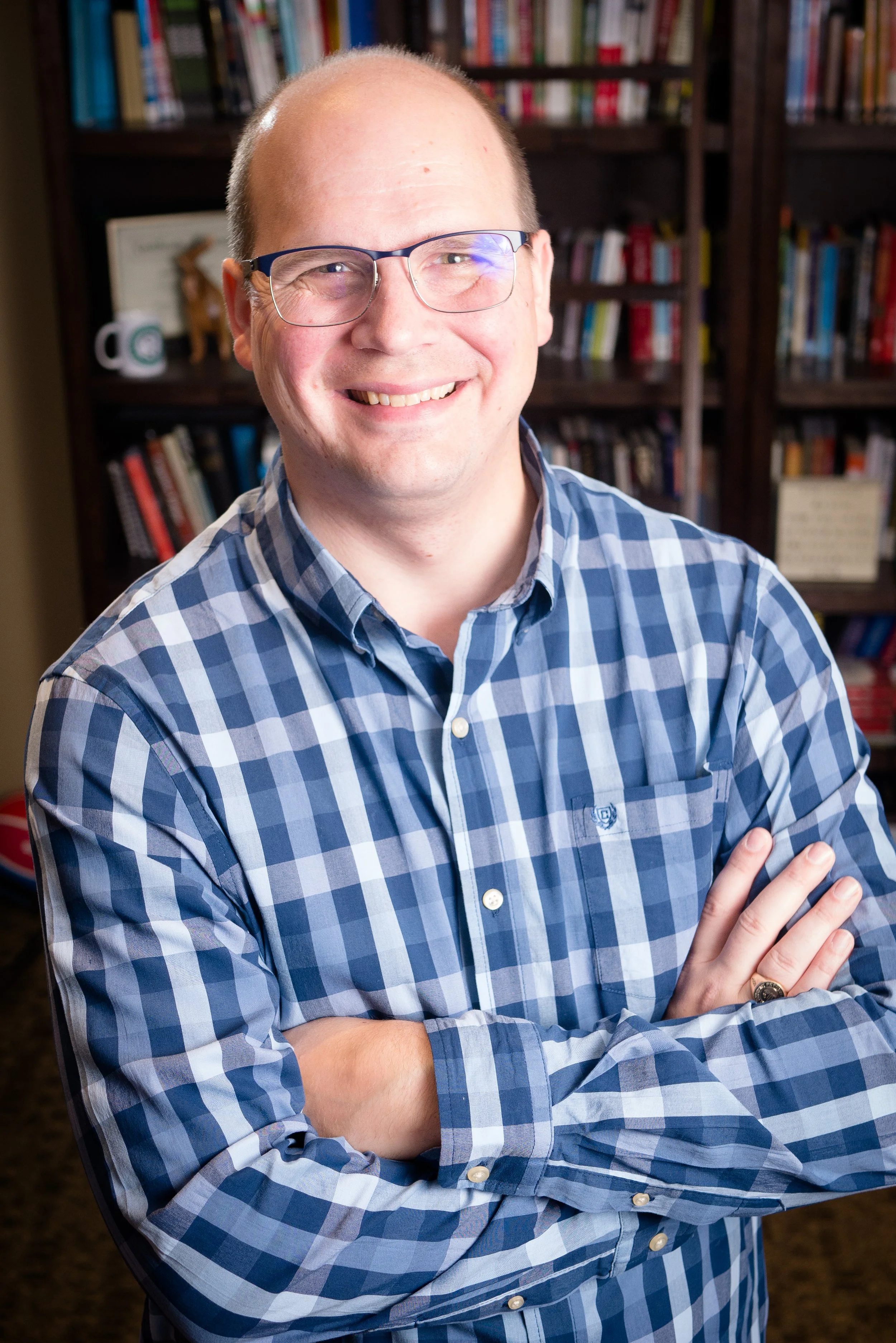One who is emotionally exhausted starts to depersonalize and withdraws from their best self and anything that might demand something of them. They don’t feel they have any emotional bandwidth to interact with their spouse. The couple stops talking. They begin seeing themselves and their marriages as failures. Without a positive view of the future, they become depressed and fatalistic. They begin to question whether they can stay together. Their marriage feels hollow and pointless.
“The good news is that now we have more knowledge than ever on managing stress to prevent or recover from burnout,” Jonathan explained. “There’s hope for that in a way we haven’t thought of. It’s a powerful thing to apply the models of burnout that we know will work to marriage.”
The solution to burnout is energy. We have to put work into energizing our marriages, he said.
He recommends people seek help physically, emotionally and spiritually – visit a medical doctor for a thorough checkup, speak with a counselor, spend time in God’s Word or talk with a pastor. Once they start to claw their way out, the biggest difference people notice is they start to have some energy again.
“They are actually a little surprised,” Jonathan said. “They start experiencing feelings they haven’t felt in a while. They start to laugh. They start to interact physically. All the things that used to be tight and closed and shut down start to bloom again. They start to see hope.”
Where before they thought, “I am not sure I want the future with us because I’m so discouraged by what that would look like.” Now they start looking forward to things. They begin to have compassion for each other. Emotional engagement comes back. They begin to open up to the fact that they might not be a failure, to see that the situation is not as bad as it seems. They regulate their own emotions better and use the emotional currency of compassion and engagement.
Jonathan and Wendy went through their own struggles early in their marriage, a process they describe in the introduction to the book, Fight Proof Your Marriage: A Simple Guide to Help You Stop Fighting & Start Getting Somewhere, published in 2016. They found themselves tripped up when they were “trying to do all the things the marriage books said.” In his experience working with couples Jonathan developed a framework that helped them break through to success more quickly. The concept: underneath every unreasonable reaction is a reasonable pain or fear. The root can be discovered by the answer to the question, “What is it about it that bothers you so much?”
Jonathan cautions the question might not be well received at first and probably won’t get to the bottom of the issue immediately, but once the core concern is finally expressed, couples can move forward to find a solution.
“We so commonly end up at odds with each other because we don’t understand why something matters to our spouse,” he said, pointing out many times people don’t even know why they themselves are upset. “Once we get to understanding, that’s when we can have some constructive conversation.”
Just 50 pages long, Fight Proof Your Marriage helps couples understand:
• Why we lose our minds during conflict.
• The reason most marriage help is exhausting, and an easier way to approach communicating that actually works.
• How trust can be developed by avoiding two very common very bad habits.
• One simple question that can turn conflicts into productive discussions
“If you are looking for real-life and grounded help for navigating the inevitable conflicts we all have in marriage, don’t miss out on the message of this book by Jonathan Hoover. It’s vulnerable, poignant and practical. Do yourself – and your relationship – a favor and read this book!” as recommended by Drs. Les & Leslie Parrott.
The eBook, which includes discussion questions helpful for couples or groups, is available to download.
“We always want to leave couples with the knowledge that there’s hope for them no matter what they are going through. Maybe they are in an emotionally destructive marriage. You do what God is calling you to do, and God will get you through it. There is hope for the light at the end of the tunnel,” Jonathan said.
And for those processing marital loss or recovering from any type of grief, he’s worked with FamilyLife’s Ron Deal on the video curriculum Through This Valley, available at http://throughthisvalley.com. The material is free and available for anyone who might find it beneficial – whether individuals, therapists, hospices or funeral homes.
Jonathan credits the books, For Women Only and For Men Only, written by friends and fellow researchers Shaunti and Jeff Feldhaun as being helpful in revitalizing his marriage, along with the work of Les and Leslie Parrot. He and Wendy still enjoy the redemptive aspect of working with couples.















